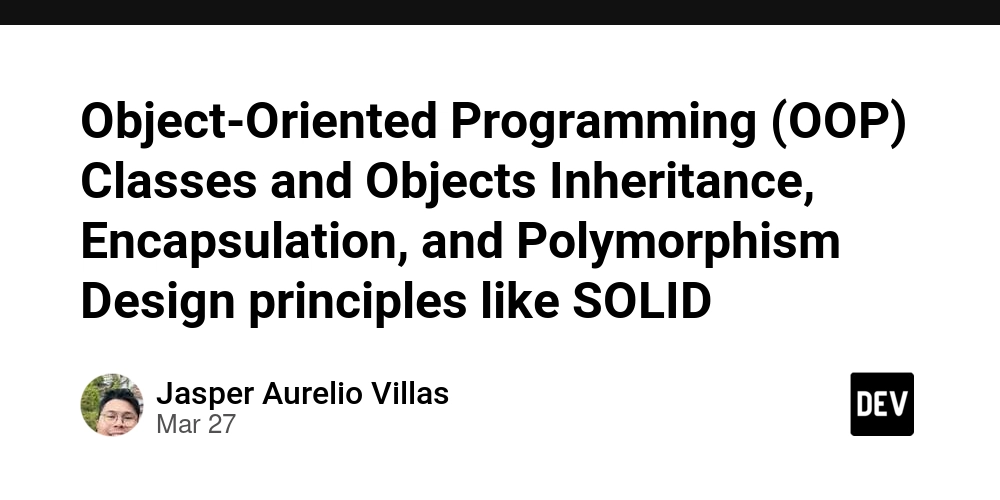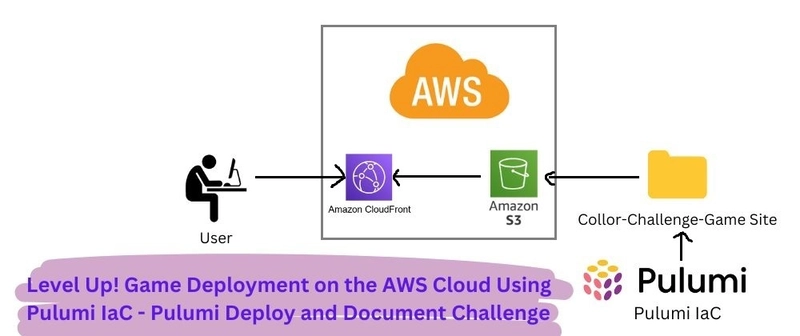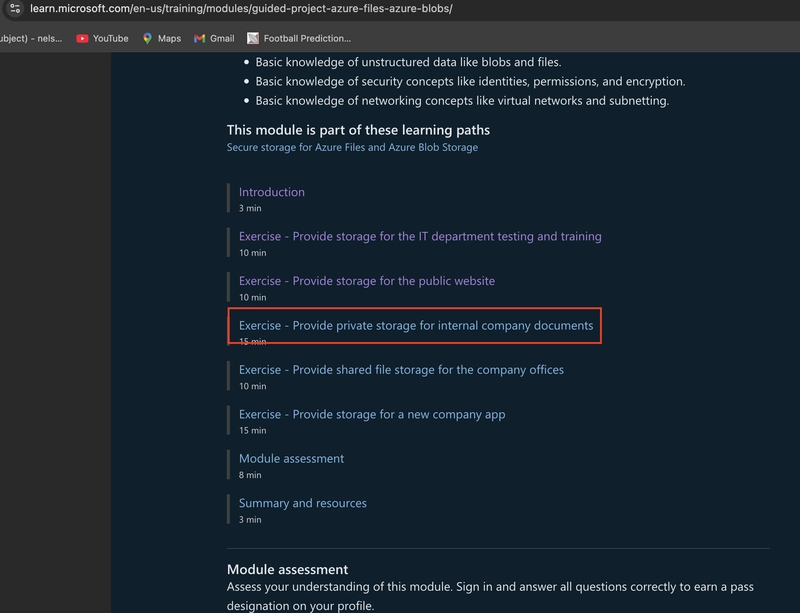Object-Oriented Programming (OOP) Classes and Objects Inheritance, Encapsulation, and Polymorphism Design principles like SOLID
Object-Oriented Programming (OOP) in C# Classes and Objects Answer: A class is a blueprint that defines properties and methods, while an object is an instance of a class. Example (C#): csharp using System; class Car { public string Brand; public string Model; public Car(string brand, string model) { Brand = brand; Model = model; } public void DisplayInfo() { Console.WriteLine($"{Brand} {Model}"); } } class Program { static void Main() { Car car1 = new Car("Toyota", "Corolla"); Car car2 = new Car("Honda", "Civic"); car1.DisplayInfo(); // Output: Toyota Corolla car2.DisplayInfo(); // Output: Honda Civic } } Inheritance Answer: Inheritance allows a child class to inherit properties and methods from a parent class, reducing code duplication. Example (C#): csharp using System; class Vehicle { public string Brand; public Vehicle(string brand) { Brand = brand; } public void Honk() { Console.WriteLine("Beep Beep!"); } } class Car : Vehicle { public string Model; public Car(string brand, string model) : base(brand) { Model = model; } } class Program { static void Main() { Car myCar = new Car("Ford", "Mustang"); Console.WriteLine(myCar.Brand); // Output: Ford myCar.Honk(); // Output: Beep Beep! } } Encapsulation Answer: Encapsulation restricts direct access to certain fields, ensuring data integrity using getters and setters. Example (C#): csharp using System; class BankAccount { private decimal balance; // Private field public BankAccount(decimal initialBalance) { balance = initialBalance; } public void Deposit(decimal amount) { if (amount > 0) { balance += amount; } } public decimal GetBalance() { return balance; } } class Program { static void Main() { BankAccount account = new BankAccount(1000); account.Deposit(500); Console.WriteLine(account.GetBalance()); // Output: 1500 } } Polymorphism Answer: Polymorphism allows different classes to share method names but implement different behaviors. Example (C# - Method Overriding): csharp using System; class Animal { public virtual void MakeSound() { Console.WriteLine("Some sound..."); } } class Dog : Animal { public override void MakeSound() { Console.WriteLine("Bark"); } } class Cat : Animal { public override void MakeSound() { Console.WriteLine("Meow"); } } class Program { static void Main() { Animal myDog = new Dog(); Animal myCat = new Cat(); myDog.MakeSound(); // Output: Bark myCat.MakeSound(); // Output: Meow } } SOLID Principles in C# S - Single Responsibility Principle (SRP) A class should have only one reason to change. Example: csharp class User { public string Name { get; set; } public string Email { get; set; } } class AuthService { public void Login(User user) { Console.WriteLine($"{user.Name} logged in!"); } } O - Open/Closed Principle (OCP) A class should be open for extension but closed for modification. Example: csharp abstract class Shape { public abstract double GetArea(); } class Rectangle : Shape { public double Width { get; set; } public double Height { get; set; } public override double GetArea() { return Width * Height; } } class Circle : Shape { public double Radius { get; set; } public override double GetArea() { return Math.PI * Radius * Radius; } } L - Liskov Substitution Principle (LSP) Subclasses should be able to replace the parent class without breaking the functionality. Example: csharp class Bird { public virtual string Fly() { return "Flying"; } } class Sparrow : Bird { } // Sparrow can fly class Ostrich : Bird { public override string Fly() { return "Can't fly"; // Ostrich correctly overrides flying behavior } } I - Interface Segregation Principle (ISP) A class should not be forced to implement unnecessary methods. Example: csharp interface IPrinter { void Print(); } interface IScanner { void Scan(); } class Printer : IPrinter { public void Print() { Console.WriteLine("Printing..."); } } class MultiFunctionPrinter : IPrinter, IScanner { public void Print() { Console.WriteLine("Printing..."); } public void Scan() { Console.WriteLine("Scanning..."); } } D - Dependency Inversion Principle (DIP) High-level modules should not depend on low-level modules but on abstractions. Example: csharp interface IPaymentProcessor { string ProcessPayment(decimal amount); } class PayPal : IPa

Object-Oriented Programming (OOP) in C#
- Classes and Objects Answer: A class is a blueprint that defines properties and methods, while an object is an instance of a class.
Example (C#):
csharp
using System;
class Car
{
public string Brand;
public string Model;
public Car(string brand, string model)
{
Brand = brand;
Model = model;
}
public void DisplayInfo()
{
Console.WriteLine($"{Brand} {Model}");
}
}
class Program
{
static void Main()
{
Car car1 = new Car("Toyota", "Corolla");
Car car2 = new Car("Honda", "Civic");
car1.DisplayInfo(); // Output: Toyota Corolla
car2.DisplayInfo(); // Output: Honda Civic
}
}
- Inheritance Answer: Inheritance allows a child class to inherit properties and methods from a parent class, reducing code duplication.
Example (C#):
csharp
using System;
class Vehicle
{
public string Brand;
public Vehicle(string brand)
{
Brand = brand;
}
public void Honk()
{
Console.WriteLine("Beep Beep!");
}
}
class Car : Vehicle
{
public string Model;
public Car(string brand, string model) : base(brand)
{
Model = model;
}
}
class Program
{
static void Main()
{
Car myCar = new Car("Ford", "Mustang");
Console.WriteLine(myCar.Brand); // Output: Ford
myCar.Honk(); // Output: Beep Beep!
}
}
- Encapsulation Answer: Encapsulation restricts direct access to certain fields, ensuring data integrity using getters and setters.
Example (C#):
csharp
using System;
class BankAccount
{
private decimal balance; // Private field
public BankAccount(decimal initialBalance)
{
balance = initialBalance;
}
public void Deposit(decimal amount)
{
if (amount > 0)
{
balance += amount;
}
}
public decimal GetBalance()
{
return balance;
}
}
class Program
{
static void Main()
{
BankAccount account = new BankAccount(1000);
account.Deposit(500);
Console.WriteLine(account.GetBalance()); // Output: 1500
}
}
- Polymorphism Answer: Polymorphism allows different classes to share method names but implement different behaviors.
Example (C# - Method Overriding):
csharp
using System;
class Animal
{
public virtual void MakeSound()
{
Console.WriteLine("Some sound...");
}
}
class Dog : Animal
{
public override void MakeSound()
{
Console.WriteLine("Bark");
}
}
class Cat : Animal
{
public override void MakeSound()
{
Console.WriteLine("Meow");
}
}
class Program
{
static void Main()
{
Animal myDog = new Dog();
Animal myCat = new Cat();
myDog.MakeSound(); // Output: Bark
myCat.MakeSound(); // Output: Meow
}
}
- SOLID Principles in C# S - Single Responsibility Principle (SRP) A class should have only one reason to change.
Example:
csharp
class User
{
public string Name { get; set; }
public string Email { get; set; }
}
class AuthService
{
public void Login(User user)
{
Console.WriteLine($"{user.Name} logged in!");
}
}
O - Open/Closed Principle (OCP)
A class should be open for extension but closed for modification.
Example:
csharp
abstract class Shape
{
public abstract double GetArea();
}
class Rectangle : Shape
{
public double Width { get; set; }
public double Height { get; set; }
public override double GetArea()
{
return Width * Height;
}
}
class Circle : Shape
{
public double Radius { get; set; }
public override double GetArea()
{
return Math.PI * Radius * Radius;
}
}
L - Liskov Substitution Principle (LSP)
Subclasses should be able to replace the parent class without breaking the functionality.
Example:
csharp
class Bird
{
public virtual string Fly()
{
return "Flying";
}
}
class Sparrow : Bird { } // Sparrow can fly
class Ostrich : Bird
{
public override string Fly()
{
return "Can't fly"; // Ostrich correctly overrides flying behavior
}
}
I - Interface Segregation Principle (ISP)
A class should not be forced to implement unnecessary methods.
Example:
csharp
interface IPrinter
{
void Print();
}
interface IScanner
{
void Scan();
}
class Printer : IPrinter
{
public void Print()
{
Console.WriteLine("Printing...");
}
}
class MultiFunctionPrinter : IPrinter, IScanner
{
public void Print()
{
Console.WriteLine("Printing...");
}
public void Scan()
{
Console.WriteLine("Scanning...");
}
}
D - Dependency Inversion Principle (DIP)
High-level modules should not depend on low-level modules but on abstractions.
Example:
csharp
interface IPaymentProcessor
{
string ProcessPayment(decimal amount);
}
class PayPal : IPaymentProcessor
{
public string ProcessPayment(decimal amount)
{
return $"Paid {amount} via PayPal";
}
}
class Order
{
private readonly IPaymentProcessor _paymentProcessor;
public Order(IPaymentProcessor paymentProcessor)
{
_paymentProcessor = paymentProcessor;
}
public string Checkout(decimal amount)
{
return _paymentProcessor.ProcessPayment(amount);
}
}
class Program
{
static void Main()
{
IPaymentProcessor paymentProcessor = new PayPal();
Order order = new Order(paymentProcessor);
Console.WriteLine(order.Checkout(100)); // Output: Paid 100 via PayPal
}
}
Summary (C# OOP Assessment Answer)
✅ Classes & Objects: Define reusable blueprints for creating objects.
✅ Inheritance: Enables code reuse by deriving classes from a parent class.
✅ Encapsulation: Restricts access to internal details using private fields and public methods.
✅ Polymorphism: Allows different classes to share method names but execute different behaviors.
✅ SOLID Principles: Ensures scalable, maintainable, and flexible OOP design.
Would you like me to tailor an answer specifically for your upcoming assessment?











































































































































































![[The AI Show Episode 142]: ChatGPT’s New Image Generator, Studio Ghibli Craze and Backlash, Gemini 2.5, OpenAI Academy, 4o Updates, Vibe Marketing & xAI Acquires X](https://www.marketingaiinstitute.com/hubfs/ep%20142%20cover.png)




























































































































![[DEALS] The Premium Learn to Code Certification Bundle (97% off) & Other Deals Up To 98% Off – Offers End Soon!](https://www.javacodegeeks.com/wp-content/uploads/2012/12/jcg-logo.jpg)


![From drop-out to software architect with Jason Lengstorf [Podcast #167]](https://cdn.hashnode.com/res/hashnode/image/upload/v1743796461357/f3d19cd7-e6f5-4d7c-8bfc-eb974bc8da68.png?#)








































































































.png?#)























.webp?#)










_Christophe_Coat_Alamy.jpg?#)
 (1).webp?#)




































































































![Apple Considers Delaying Smart Home Hub Until 2026 [Gurman]](https://www.iclarified.com/images/news/96946/96946/96946-640.jpg)
![iPhone 17 Pro Won't Feature Two-Toned Back [Gurman]](https://www.iclarified.com/images/news/96944/96944/96944-640.jpg)
![Tariffs Threaten Apple's $999 iPhone Price Point in the U.S. [Gurman]](https://www.iclarified.com/images/news/96943/96943/96943-640.jpg)



































































































































